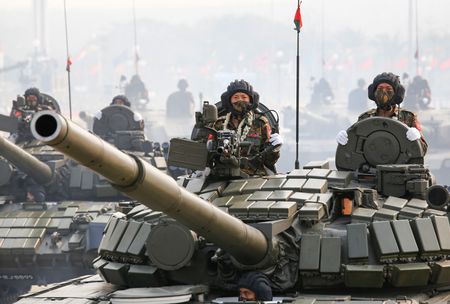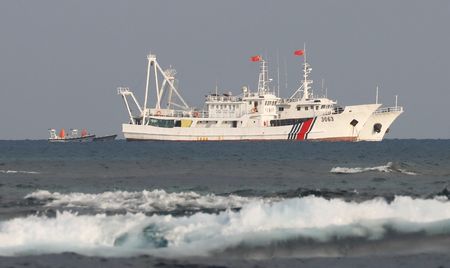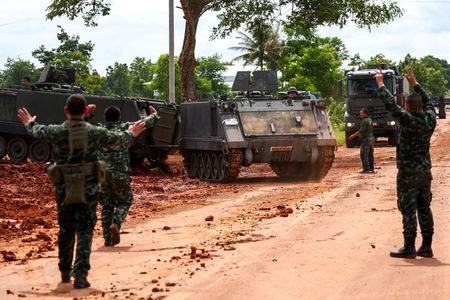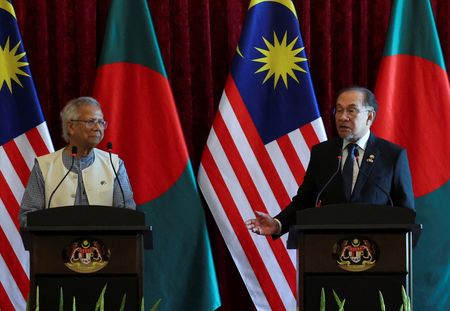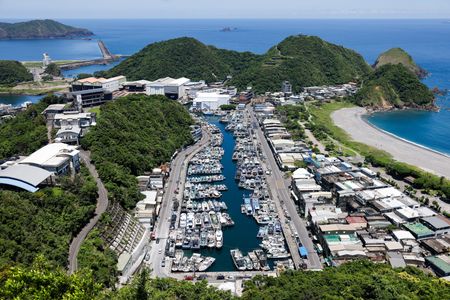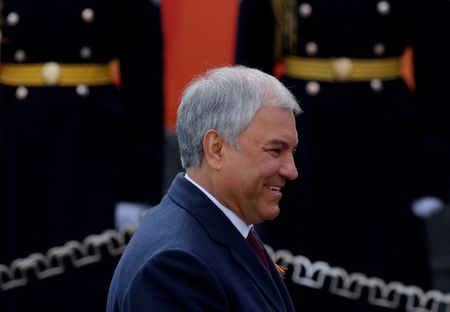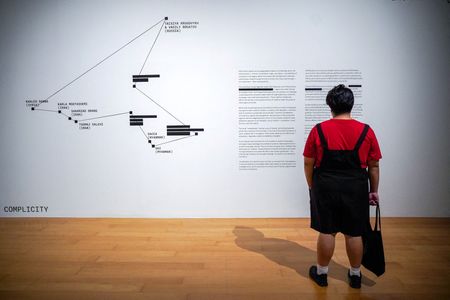By Emma Farge
GENEVA (Reuters) -United Nations investigators said on Tuesday they have found evidence of systematic torture by Myanmar security forces and identified some of the most senior perpetrators.
The Independent Investigative Mechanism for Myanmar (IIMM), formed in 2018 to analyse evidence of serious violations of international law, said victims were subject to beatings, electric shocks, gang rape, strangulation and other forms of torture like the removal of fingernails with pliers.
“We have uncovered significant evidence, including eyewitness testimony, showing systematic torture in Myanmar detention facilities,” Nicholas Koumjian, head of the IIMM, said in a statement accompanying the 16-page report.
The torture sometimes resulted in death, the report said. Children, who are often unlawfully detained as proxies for their missing parents, were among those tortured, it said.
A spokesperson for Myanmar’s military-backed government did not immediately respond to requests for comment. The military-backed government has not responded to over two dozen requests by the U.N. team for information about the alleged crimes and requests to access the country, the U.N. report said.
The military has said it has a duty to ensure peace and security. It has denied atrocities have taken place and has blamed “terrorists” for causing unrest.
The findings in the report covering a one-year period through to June 30 were based on information from more than 1,300 sources, including hundreds of eyewitness testimonies as well as forensic evidence, documents and photographs.
Perpetrators identified so far include high-level commanders, the report said, although names were withheld due to ongoing investigations and concerns about alerting the individuals.
Investigators focused on torture partly because many victims were able to identify perpetrators individually which Koumjian, a former prosecutor, said could help with future convictions.
“People often know the names or they certainly know the faces of those who torture them or who torture their friends,” Koumjian told reporters in Geneva.
Myanmar has been in chaos since a 2021 military coup against an elected civilian government plunged the country into civil war. Tens of thousands of people have been detained since then, the United Nations says.
Junta chief Min Aung Hlaing ended a four-year state of emergency last month and announced the formation of a new government, with himself as acting president, ahead of a planned election.
The IIMM is investigating abuses in Myanmar since 2011, including crimes committed against the mainly Muslim Rohingya minority in 2017 when hundreds of thousands were forced to flee a military crackdown, and those affecting all groups since the coup.
The IIMM is supporting jurisdictions investigating the alleged crimes, such as Britain and the International Criminal Court.
However, Koumjian said U.N. budget cuts threaten its work. Donations for its research on sexual violence and crimes against children as well as funding for witness security are set to run out at year-end, he said.
“All of this would have a very substantial effect on our ability to continue to document the crimes and provide evidence that will be useful to jurisdictions prosecuting these cases,” he said.
(Reporting by Emma Farge; Additional reporting by Reuters staff; Editing by Giles Elgood)

